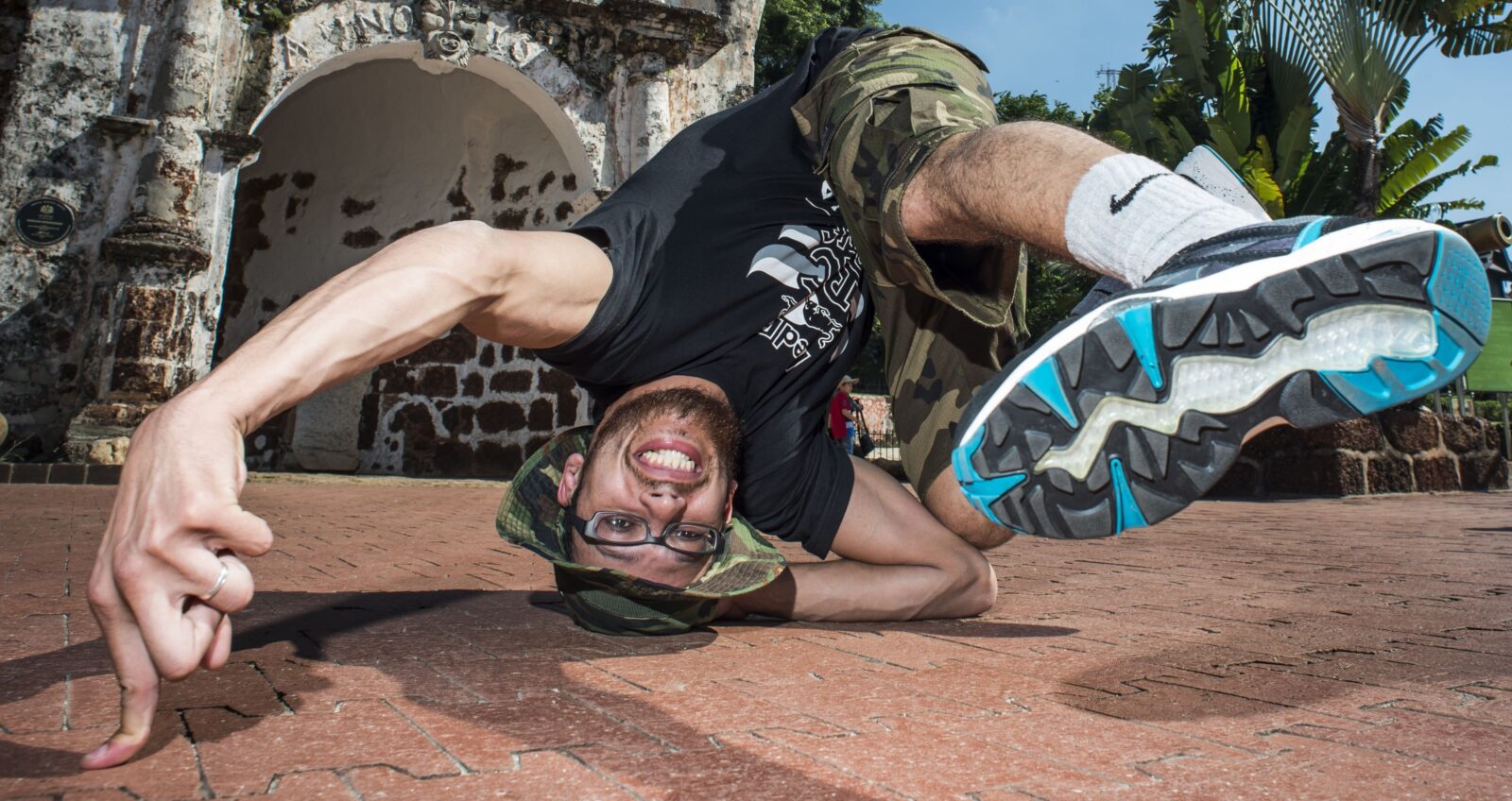By SHANJEEV REDDY
alltherage@thestar.com.my
VETERAN b-boy Ali Ramdani, better known as Lilou, is a two-time Red Bull BC One world champion with 18 years of dancing experience under his belt.
A huge inspiration to b-boys everywhere, Lilou grew up in a ghetto but escaped
poverty through b-boying. Now, he travels the world as a performer, and was recently in Malaysia to judge the Red Bull BC One Malaysia Cypher.
In this exclusive interview, he talks about what it takes to be a champion, and how the Malaysian b-boy scene can improve.
What does it take to become a world champion?
It’s all about mental strength. If you’re mentally strong, you can be strong in any situation. Even if a situation puts you down, being strong mentally can pick you up straight away.
You can be the best with your skills and you can be the best with your mouth but with your mentality, it’s you and yourself.
You can’t just practice being strong mentally in your room – you have to do so in all situations. I feel this makes me different and that’s what people need to get to the top and become champions.
How do you like Malaysia?
I haven’t had the chance to sight-see much but Malaysia is a Muslim country, and there are a lot of mosques everywhere, which I like. There is a big community of Chinese, Indians and Malays – all mixed, which is good, and there’s a huge variety of food!
Everyone lives together peacefully and I think that makes this country different. It’s clean and people are so polite.
How do you find the b-boys in Malaysia?
From the two workshops I gave, I feel they need to incorporate more local elements into their routines. You have to be influenced by your own culture and your own life – show what is Malaysia!
Maybe they can mix things up with traditional dances and clothes. Most important, they need to be patient and willing to keep learning. Same goes for everything else in life.
What do you do outside of b-boying?
I get to travel to so many countries all around the world and I see talent everywhere. I want to show this to everyone, so I’m making videos on people and their cultures on my YouTube channel, TV Lilou. Check it out!







Leave a reply